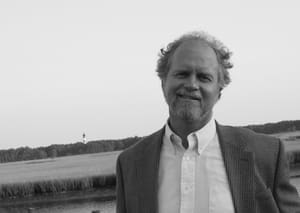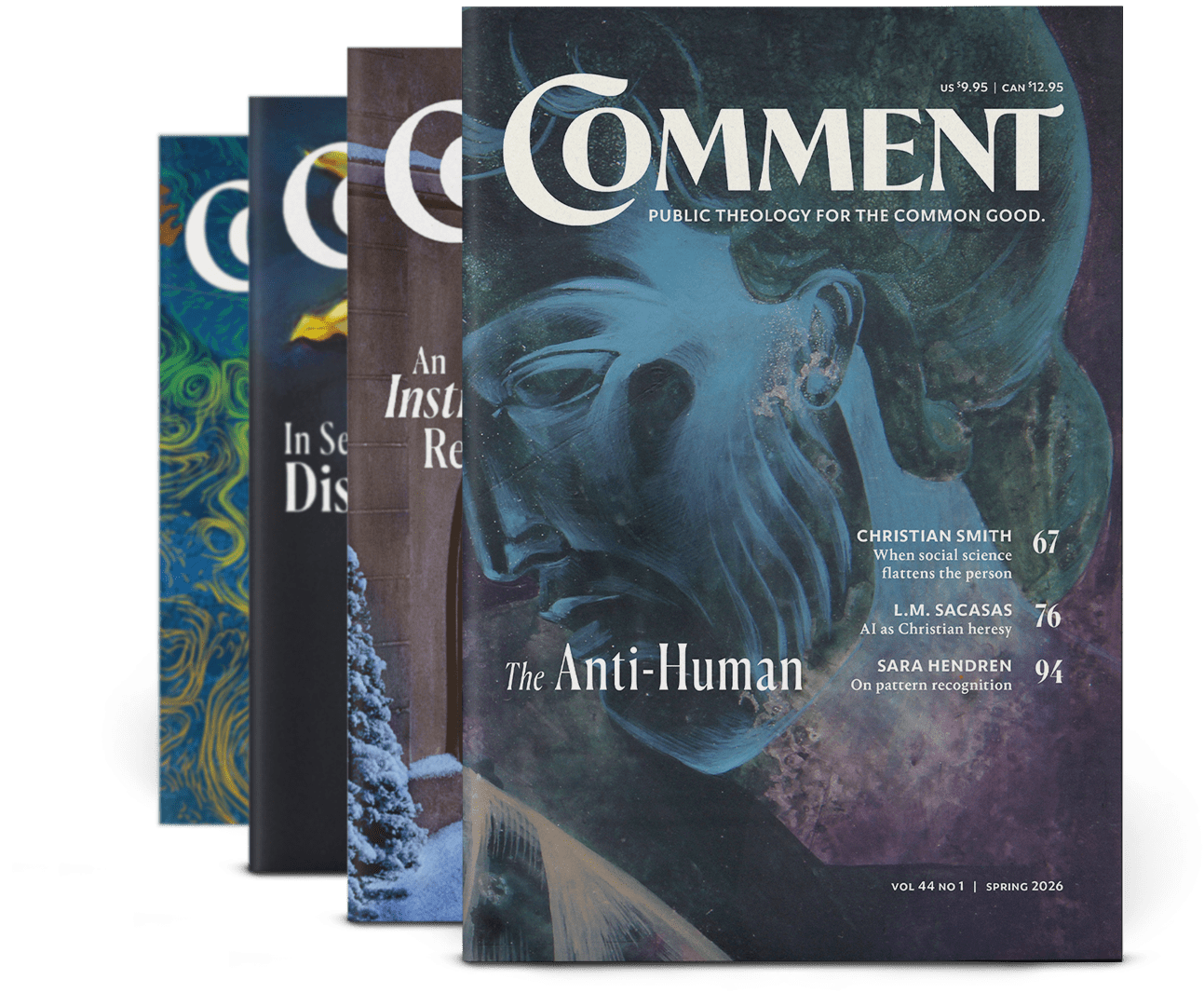Vocations of all sorts are equally important to the work of God in the world, as each one contributes to the common good, to what it is that makes our common welfare a place for more rather than less flourishing. In the life of Dave Kiersznowski and his DEMDACO Corporation, I see this become flesh in his business and life commitments.
DIGITAL
$14
USD
Get unlimited online access.
- Early access to new issues
- Unlimited access to our entire archive
- Bookmark articles to your account
- Listen to select long-form articles
PRINT+DIGITAL
$24
+ SHIPPING (USD)
Get unlimited online access + 4 print issues per year.
- Receive our quarterly print magazine
- Early access to new issues
- Unlimited access to our entire archive
- Bookmark articles to your account
- Listen to select long-form articles
COMMENT PATRON
$500
(USD/CAD)
Support the people who make Comment possible.
- A full charitable tax receipt
- A complimentary Comment subscription
- Special updates from Anne Snyder
- Early access to new issues
- Unlimited access to our entire archive
- Bookmark articles to your account
- Listen to select long-form articles



